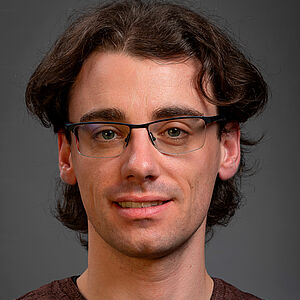
Benjamin Luce
Teaching
Thermodynamics
Courses in 2nd year and 3rd year MSE (mechanical Sciences for Engineers) undergraduate programm.
Advanced fluid mechanics: introduction to turbulence
Graduate (first year master) course. It teaches about the practice of modeling turbulence in numerical simulation, from first (eddy-viscosity or non-linear models) and second order (Reynolds stress models) RANS to LES (Smagorinsky, Deardorff) up to mixed methods (DES). Special emphasis is given on meshing methods for high or low Reynolds models.
A pratical introduction with OpenFOAM is given.
The evaluation is done with a written project (which is then realized in another course).
Numerical simulation in fluid mechanics
Graduate course (first year master). OpenFOAM is used to realized the project written in Advanced fluid mechanics: introduction to turbulence.
Popular sciences
I participated in several popular science events
2022 :
- All-nighter researchers (Nantes)
2020 :
- France Culture show (La Méthode Scienti que, Voyage au centre d'ITER)
2019 :
- Researcher in the classroom (showing PhD research to high-schoolers)
- Science festival, ITER (Marseille)
- European night of researchers (Marseille)
- Open doors of the M2P2 (lab)
2018 :
- My PhD in 180 seconds
- Science festival, ITER
- European night of researchers (Marseille)
- Open doors of the M2P2 (lab)
- Open doors CEA IRFM (given in english)



